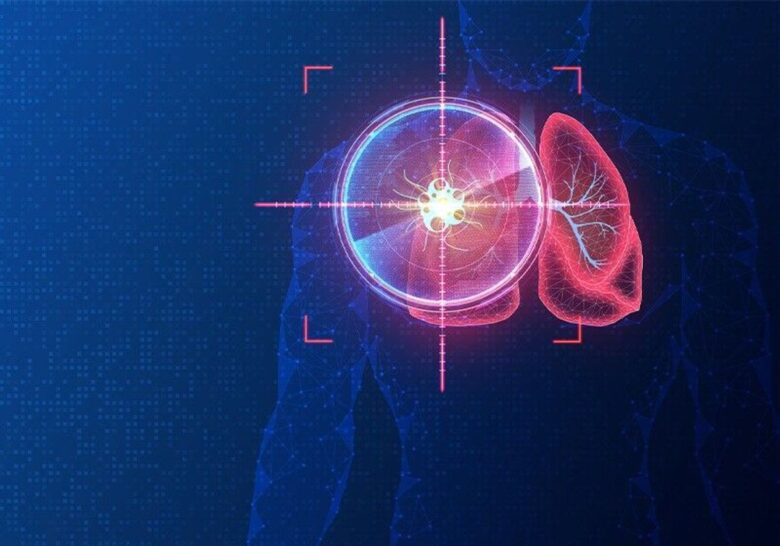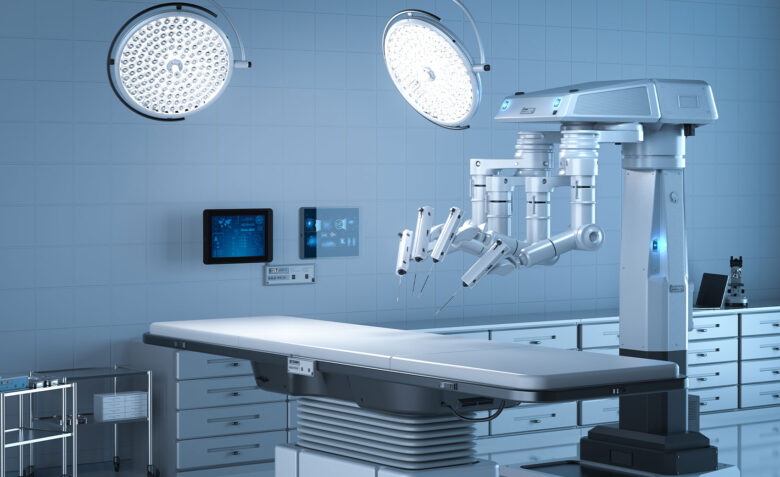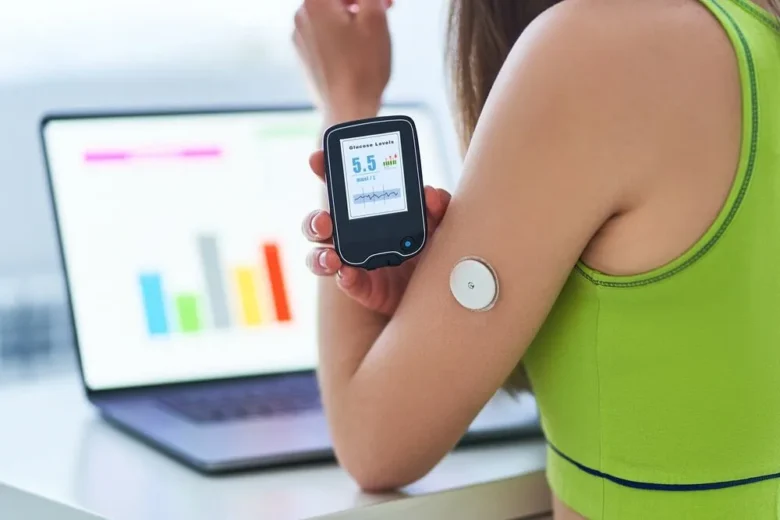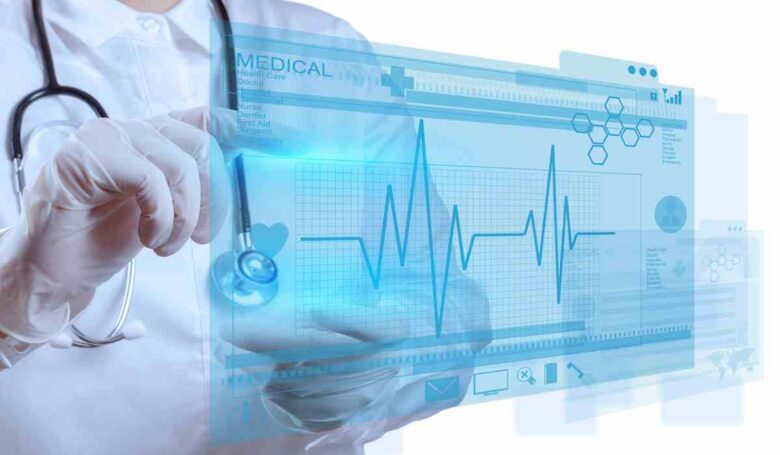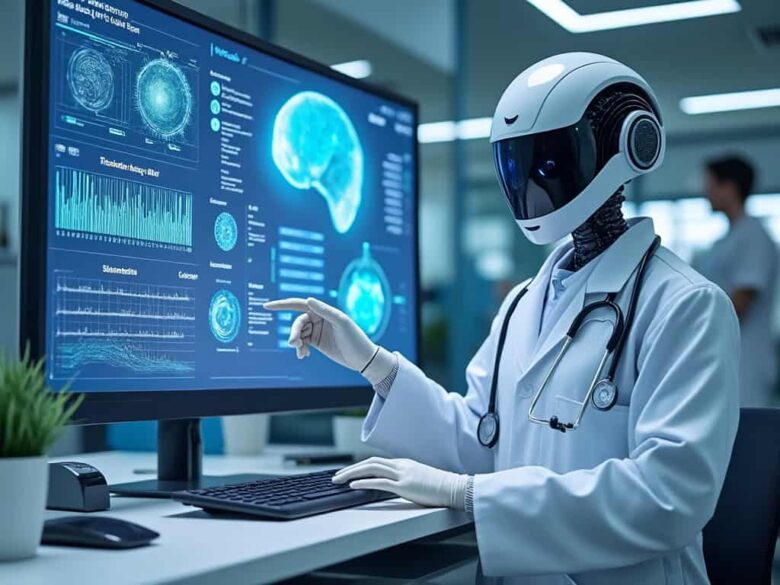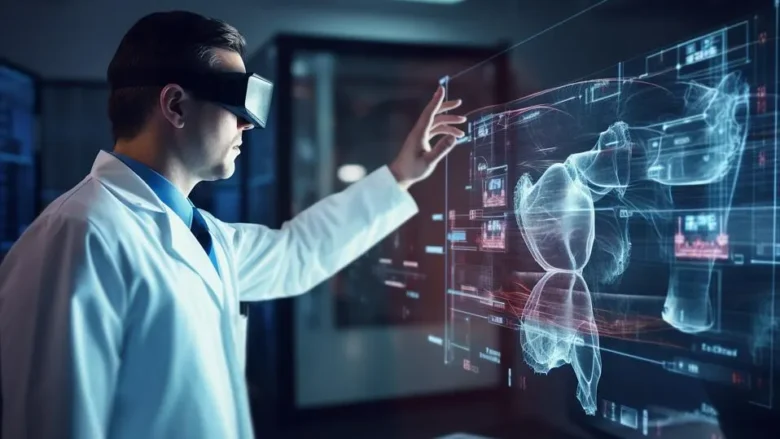As technology advances, the healthcare sector is constantly evolving. Smart hospitals are among the most groundbreaking innovations. These modern hospitals integrate artificial intelligence, IoT, robotics, and big data to provide more efficient, accurate, and patient-focused treatment options. Digital tools support most patient treatments, facility management, and clinical workflows in smart hospitals. The goal is to …
Personalized medicine has profoundly changed healthcare delivery and its philosophy. Personalized medicine tailors treatment to each patient’s genes, environment, and lifestyle. Genomic sequencing, bioinformatics, and data analytics can quickly and affordably decode the genetic blueprint. This shift helps clinicians predict disease risk, identify effective medications, and reduce side effects. Personalized medicine promises more precise, proactive, …
The operating room has always been the place where new ideas and life-saving care converge. Over the years, surgical methods have shifted from invasive treatments with long recovery times to more precise, minimally invasive methods. One of the most important new technologies recently is the rise of robotic surgery. Robot-assisted surgery will not only become …
Telemedicine will be one of the most significant changes in healthcare in 2025. Initially considered a convenient option for emergencies or for people living in remote areas, it has become a common and necessary way to provide care. Advances in internet access, digital health platforms, and wearable technology have made telemedicine widely available. Both patients …
Wearable medical devices have become an essential part of modern healthcare recently. The designers of these new technologies aim to wear them on the body, continuously monitoring multiple health indicators. From measuring heart rate to detecting abnormal heart rhythms, wearable devices are revolutionizing the way people manage their health and how healthcare providers deliver care. …
The integration of modern medical technology into digital health represents one of the biggest shifts in the evolution of healthcare. Over the last 10 years technological advances have been incorporated into every aspect of medical practice and are changing the way the healthcare system is delivered, used, and regulated. From wearables and smartphones to sophisticated health apps …
Artificial intelligence has become a significant force in the transformation of many sectors, and healthcare is not an exception. In the past few years, the integration of AI in medical technology has transformed the way the healthcare system is run and the way diseases are identified and treated, as well as how treatment is designed. AI is …
By 2025, healthcare will undergo unprecedented change. Rapid advancements in artificial intelligence, biotechnology, and digital health are enabling medical science to surpass previously unthinkable boundaries. This period is particularly crucial because these technologies are converging to make healthcare smarter, faster, and more personalized. We can now manage and even cure diseases long considered incurable, and …


